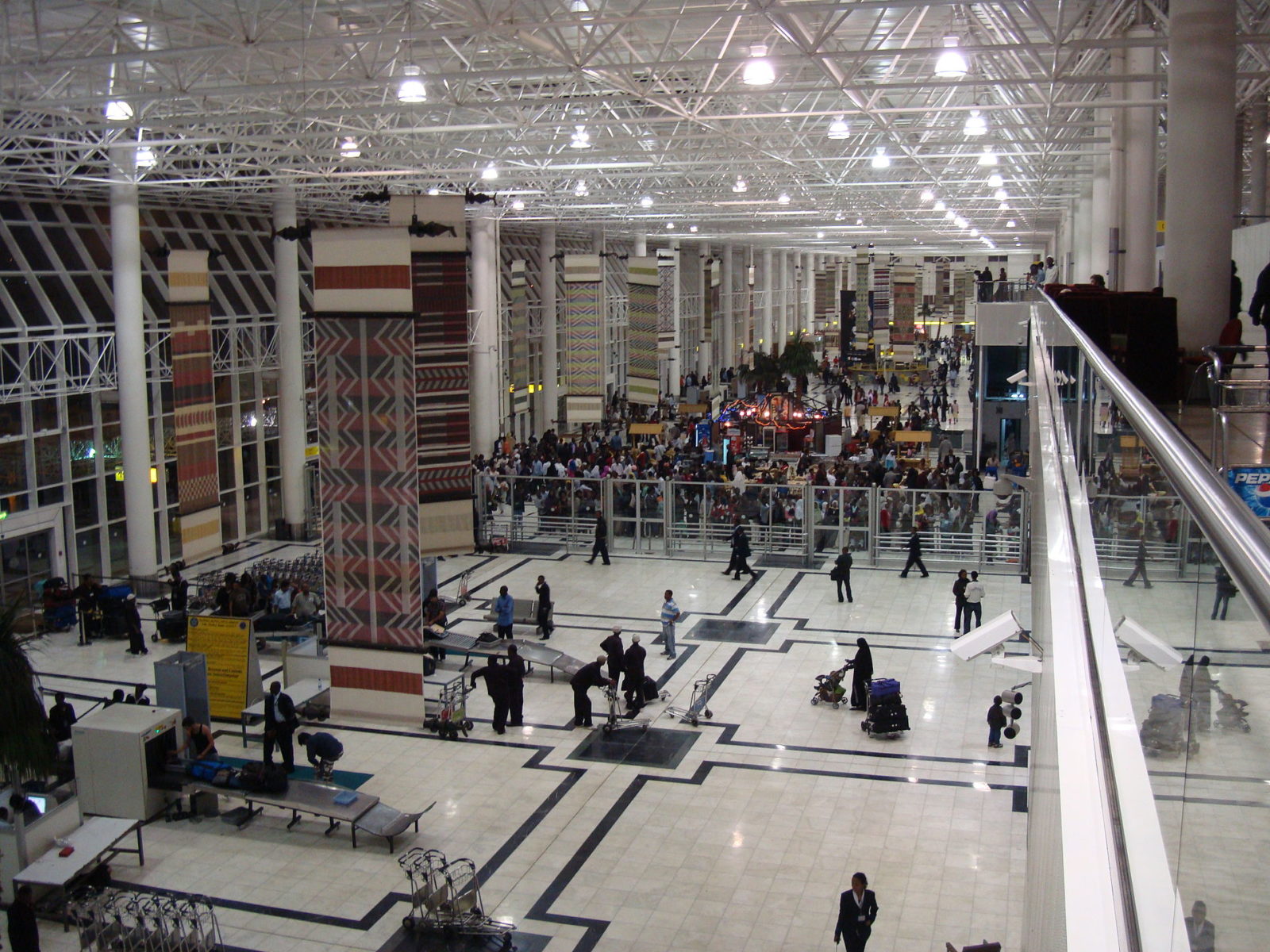Immigration from Africa: Popular Beliefs Versus Reality
07 May 2025

Immigration from Africa continues to raise strong emotions among Europeans, and the prevailing public discourse is not particularly positive. However, a brief look at statistical data provides insights that are at odds with popular beliefs, which soon would have poor Africans overrun the gradually depopulating Europe.
What do Eurostat and Frontex data tell us?
First, at least 7 out of 10 Africans arriving in the EU come legally. The usual image of EU-bound migration from Africa—small boats full of desperate people—is not representative of the real picture. In reality, most African migrants travel to the EU by regular airplane services.

Second, contrary to popular belief about Africans’ lack of legal pathways to migration to Europe, Africans have their fair share in EU-bound legal immigration. In 2023, 17% of legal immigration was from Africa, comprising some 470 thousand out of the total of almost 2.5 million immigrants coming to the EU in that year (See Fig.1). Africans make up 18% of the world population.
Figure 1: Legal immigration to the EU by continent, 2023 (Eurostat data)

Third, the composition of African immigration flows would also be surprising to a lay observer. When compared to immigration from the rest of the world, African legal immigration to the EU in 2023 was characterised by the following:
- almost double the share of family migration when compared to the rest of the world, accounting for a 45% share of immigration from Africa vs. a 26% share of immigration from the rest of the world;
- almost double the share of education migration: 15% vs. 8%;
- a lower share of labour migration: 20% vs. 28%;
- and a much lower share of refugee migration when compared to the rest of the world: 20% vs. 37%.
See Figure 2 below.
Figure 2: Immigration flows to the EU by category, 2023 (Eurostat data)

Note: Temporary protection is a specific status for people fleeing the ongoing conflict in Ukraine.
What to make of these data snapshots? The composition of African immigration inflows is not ideal from the EU standpoint. The high share of family reunification, including marriage migration, and the relatively low share of labour immigration is not conducive to successful immigrant integration as argued, for example, in a Martens Centre study published in 2024.
What are the EU’s interests vis-à-vis immigration from Africa? It could be characterised as follows.
Addressing the deficits in societal integration of the existing African diasporas is the first imperative, given the problems with low labour and education participation. For example, in France, the proportion of young people with African backgrounds in the ‘Not in Education, Employment, or Training’ category is higher than among other youths. Europe’s national authorities must identify students at risk of dropping out and provide systematic guidance, mentoring, and career advice, in addition to creating more inclusive education systems.
In addition, women with African roots tend to have lower levels of labour force participation. This is partly due to the societal customs in their countries of origin where there is minimal or no established tradition of mothers participating in the formal workforce and partly due to discrimination in the hosting countries. As argued in the Martens Centre’s 7D project on demography, targeted initiatives aimed at supporting women in these diasporas—such as enhancing literacy and numeracy, improving skills transferability, providing language assistance, and implementing health programmes—are essential.
Another priority is to recalibrate the balance of immigration categories as mentioned above. The EU would benefit from less migration of young Africans coming to Europe solely for the purpose of getting married to an EU citizen or permanent resident. It would also benefit from a larger share of labour immigration from Africa than is currently the case. EU labour markets need migrants with all levels of skill, from seasonal agricultural workers to scientists. Changing the African immigration balance is a long-term project that requires substantial legislative and political changes at EU and national levels.
It is also necessary to reduce the small boat migration from Africa. This is not necessarily because of the numbers or arrivals involved but because this type of migration undermines public confidence in EU immigration policy and raises security risks. The EU needs to work more intensively with the countries of departure, while monitoring the human rights situation on the ground.
Finally, the EU has a particularly poor record on repatriations of those Africans who are illegally staying on the bloc’s territory. It would boost the legitimacy of EU immigration policy if it achieved higher readmission rates. The best way to achieve this would be to strike tailored cooperation agreements with African states, encompassing economic and development aid, education exchanges and wider legal migration channels.
ENJOYING THIS CONTENT?






